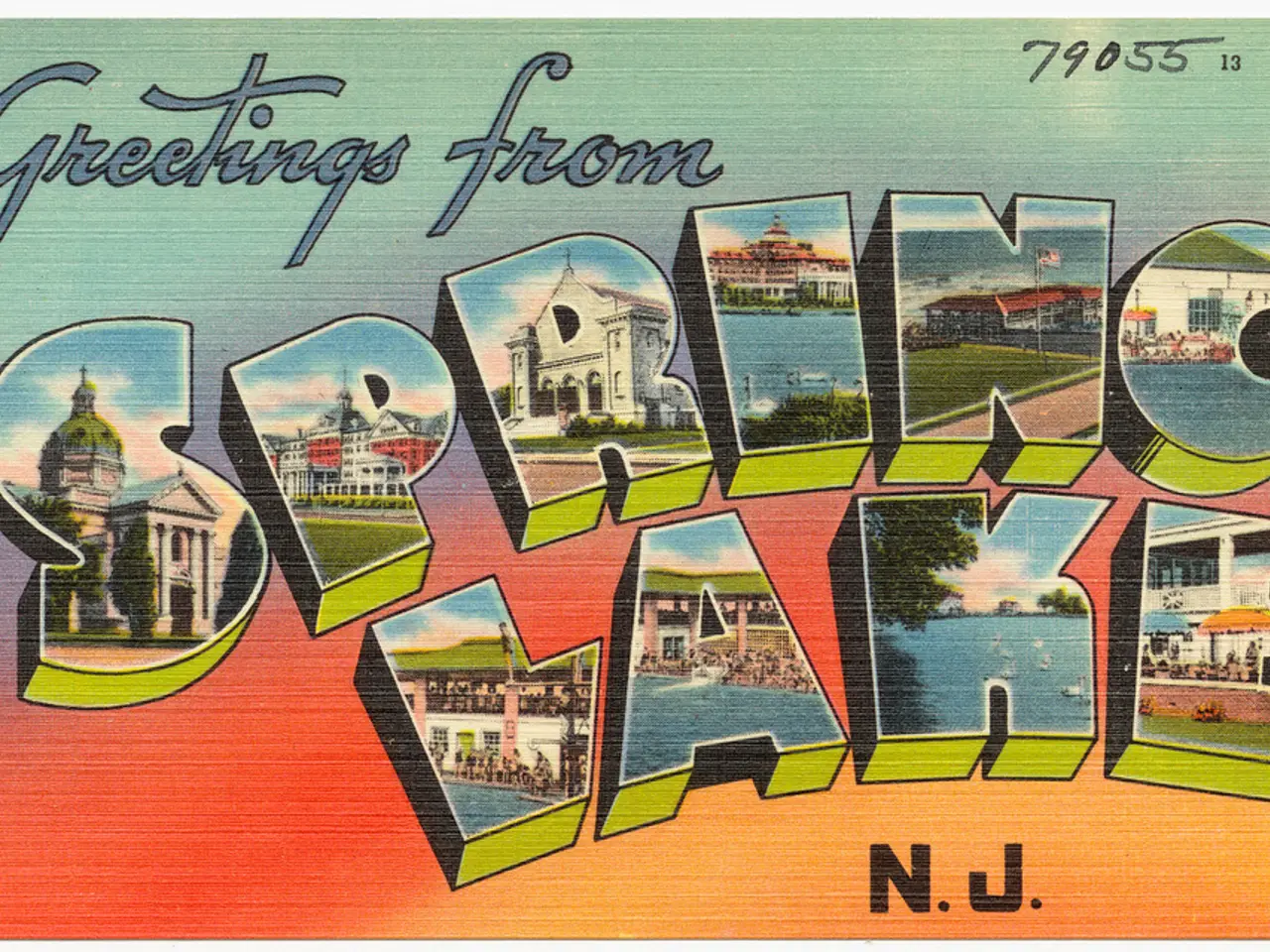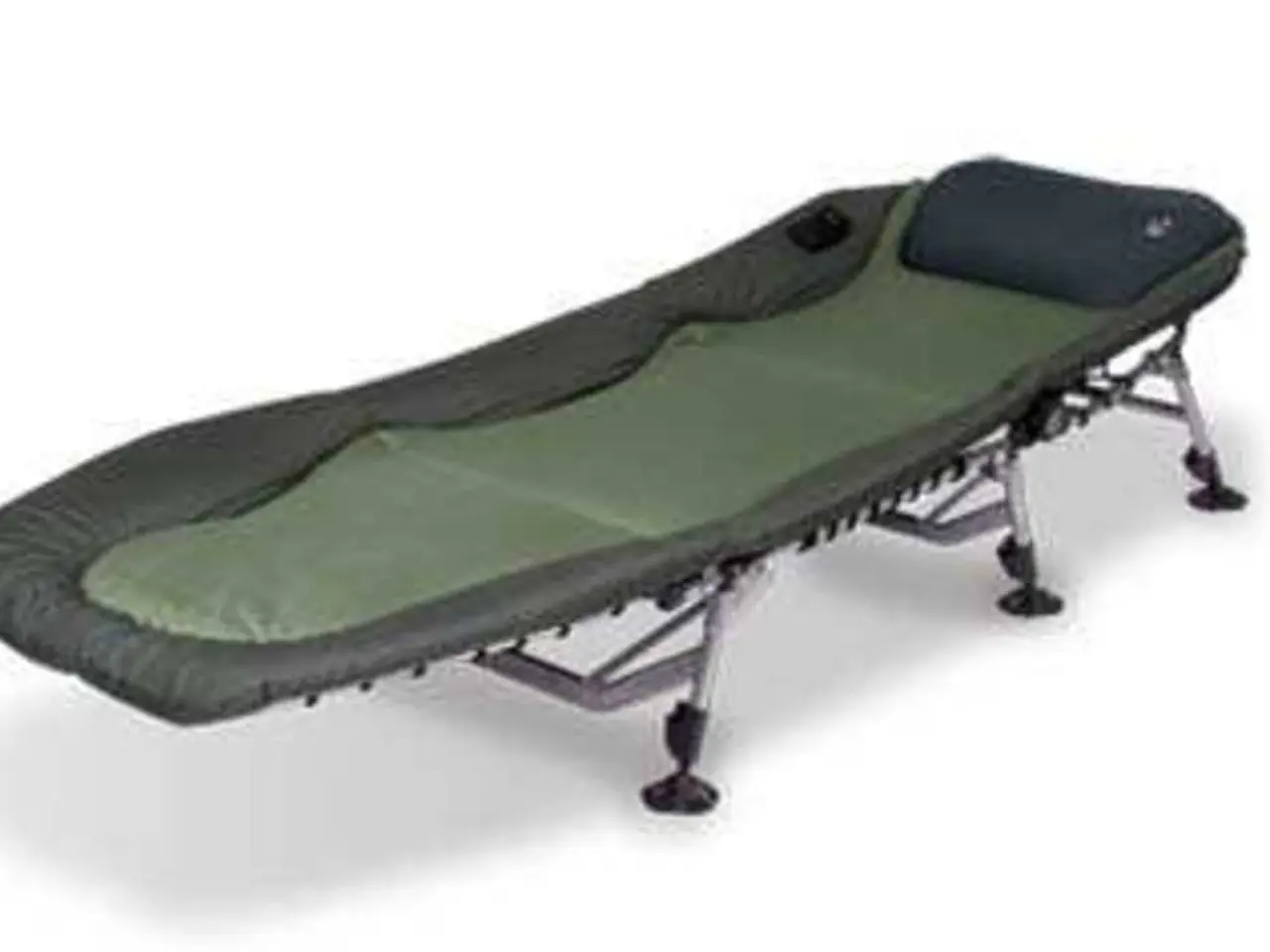Reason for UK's Restriction on Importing Cheeses from France and Italy
The United Kingdom has temporarily banned the import of unpasteurized cheese from France and Italy following outbreaks of Lumpy Skin Disease (LSD) in these countries. LSD is a viral disease that primarily affects cattle and sometimes water buffalo, and is transmitted primarily by biting insects like flies and mosquitoes [2][3].
Although LSD poses no risk to human health, it can cause severe economic losses in the livestock industry by reducing milk production and potentially leading to large-scale culls of infected animals [2][3]. The ban on unpasteurized cheese is a precautionary measure aimed at preventing the spread of LSD to the UK, as the virus can survive in raw milk and raw milk products [1][2].
Cheeses made before May 23, 2025, are exempt from this ban, but products produced after this date are subject to the restrictions [1][2]. This ban does not apply to factory-produced brie that may be made with pasteurized milk [4].
The UK's ban on meat and dairy products from all European Union (EU) countries is why travellers may have received an email from Eurostar or ferry companies if they have recently travelled from France to the UK.
The UK government's decision to impose a ban on live cattle imports is due to concerns about Lumpy Skin Disease spreading among British cattle [5]. This ban mostly affects commercial imports but theoretically applies to holidaymakers wanting to bring back cheese [6].
LSD has been confirmed in Italy since June 21, 2025, leading the UK to revoke Italy's LSD-free status and suspend unpasturised imports [7]. France reported its first LSD case near Chambéry on June 29th [8]. Subsequent outbreaks in Hungary and Slovakia have persisted [9].
Germany detected an outbreak of foot and mouth disease (FMD) in January but has since been declared FMD-free [10]. Canada has also imposed a ban on imports of unpasturised cheese from France, Italy, and Switzerland due to the LSD outbreaks [11].
Cheese-mongers in the UK find the ban on unpasturized cheeses disproportionate and illogical, as there is no risk to people from these cheeses [12]. Shortages of affected cheeses will become apparent gradually as some aged cheeses will continue to be imported over the next few months [13].
It is important to note that there is no risk to humans from eating cheese that has been produced by a cow suffering from LSD [14]. The virus can survive in raw milk, including cheese made with raw milk [1]. However, the UK government has taken this precautionary step to protect its cattle and dairy industries [1][2].
References:
- Food Standards Agency
- World Organisation for Animal Health
- European Food Safety Authority
- The Telegraph
- BBC News
- The Guardian
- Italian Ministry of Health
- Franceinfo
- Reuters
- Eurosurveillance
- Canadian Food Inspection Agency
- The Independent
- The Times
- Food Safety Authority of Ireland
- Despite Lumpy Skin Disease (LSD) posing no risk to human health, the UK government has implemented a ban on unpasteurized cheese imports from France and Italy as a precautionary measure to protect its culture of health-and-wellness, which includes its dairy-producing lifestyle.
- As the travel industry adapts to various medical-condition outbreaks around the world, recent emails sent to travellers from France to the UK about import bans may have raised concerns about food-and-drink safety related to LSD.
- In the realm of science, while LSD has been confirmed in Italy, resulting in a revocation of its LSD-free status and suspension of unpasteurized imports, Germany has handled a separate issue with foot and mouth disease (FMD) and has since been declared FMD-free.




